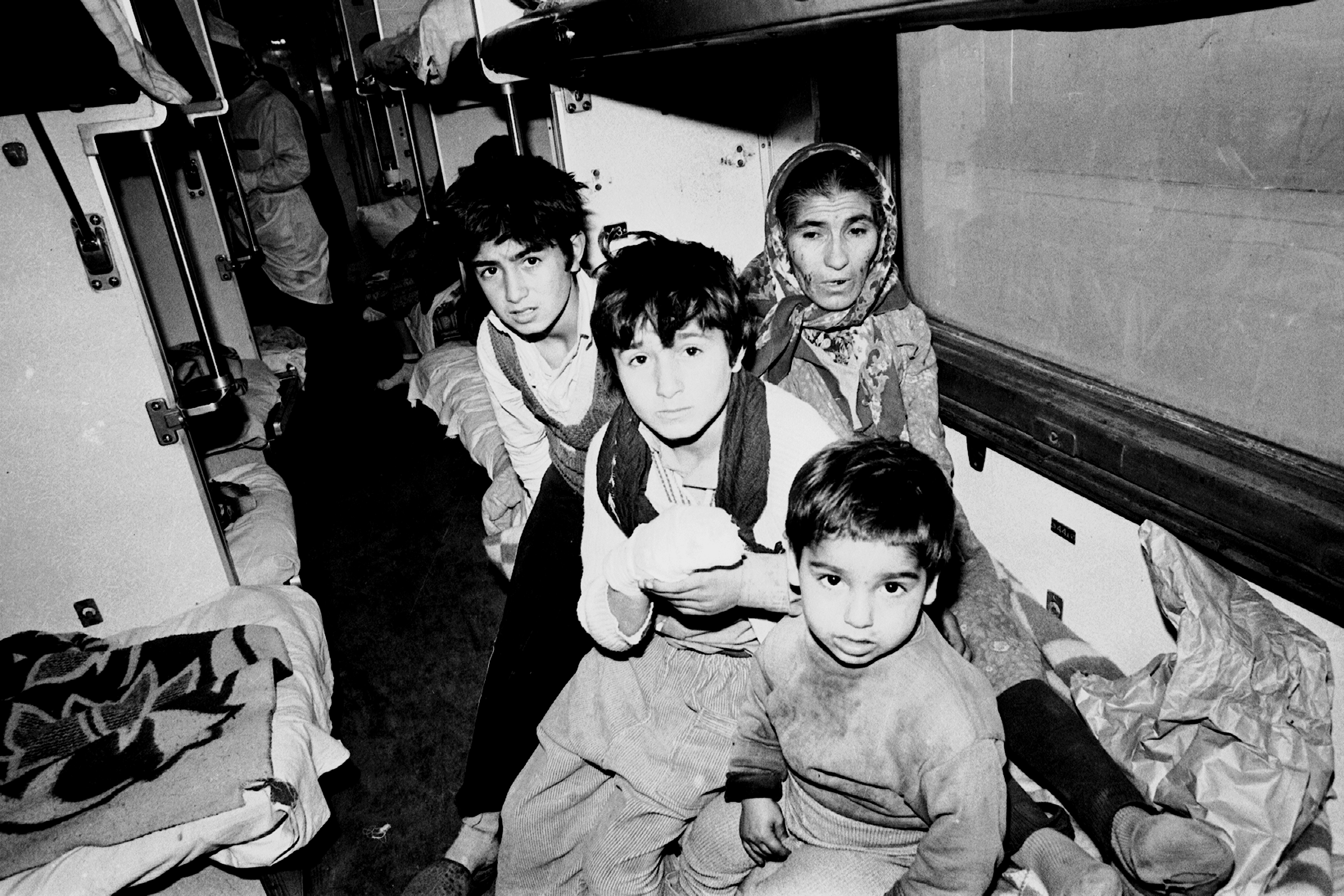Azerbaijanis Who Went Missing During The First Nagorno-Karabakh War on:
[Wikipedia]
[Google]
[Amazon]
 Azerbaijanis who went missing during the First Nagorno-Karabakh War, refers to Azerbaijanis who either went missing, or were taken as
Azerbaijanis who went missing during the First Nagorno-Karabakh War, refers to Azerbaijanis who either went missing, or were taken as
 Azerbaijanis who went missing during the First Nagorno-Karabakh War, refers to Azerbaijanis who either went missing, or were taken as
Azerbaijanis who went missing during the First Nagorno-Karabakh War, refers to Azerbaijanis who either went missing, or were taken as POWs
A prisoner of war (POW) is a person who is held captive by a belligerent power during or immediately after an armed conflict. The earliest recorded usage of the phrase "prisoner of war" dates back to 1610.
Belligerents hold prisoners of w ...
by the Armenian Armed Forces
The Armed Forces of Armenia ( hy, Հայաստանի զինված ուժեր, Hayastani zinvats uzher), sometimes referred to as the Armenian Army ( hy, Հայկական Բանակ, Haykakan Banak), is the national military of Armenia. It consist ...
and Artsakh Defence Army
The Artsakh Defence Army ( hy, Արցախի Հանրապետության պաշտպանության բանակ, Artsakhi Hanrapetut’yan pashtpanut’yan banak) is the defence force of the breakaway Republic of Artsakh (Nagorno-Karabakh). Es ...
, during the First Nagorno-Karabakh War, starting from 1988, and ending in 1994.
According to an investigation conducted by the Working Group of the State Commission of the Republic of Azerbaijan on Prisoners of War, Hostages and Missing Persons in 2007, the number of Azerbaijanis who went missing and were taken as POWs is 4,354. Of these, 3,503 were military personnel, and 841 were civilians, while the status of 9 of them was unknown. Of the civilians, 47 were children, with 16 of them being underage girls, 268 were women, and 371 were elderly people. Out of 4,354 missing Azerbaijanis, 783 of them were taken prisoner and taken hostage. According to the analysis of the materials received by the State Commission, 550 people were killed in captivity or died of various causes. Furthermore, 104 of them were women, while 446 were men. Only the names of 137 Azerbaijanis were identified, and the identity of 74 people is unknown.
Statistics
As of 1 September 2005, the State Commission registered 4,740 Azerbaijani citizens as missing. By that time, theArmenians
Armenians ( hy, հայեր, '' hayer'' ) are an ethnic group native to the Armenian highlands of Western Asia. Armenians constitute the main population of Armenia and the ''de facto'' independent Artsakh. There is a wide-ranging diasp ...
had freed a total of 1,378 people from captivity, and in relation to 1203 people, inquiries were sent to the relevant state bodies and international organizations. They also studied the cases of 1259 people included in the list of the State Commission who were not registered by the International Committee of the Red Cross as missing. After examining information about these people, information about them was sent to the ICRC
The International Committee of the Red Cross (ICRC; french: Comité international de la Croix-Rouge) is a humanitarian organization which is based in Geneva, Switzerland, and it is also a three-time Nobel Prize Laureate. State parties (signato ...
.
According to the report of the Working Group of the State Commission of the Republic of Azerbaijan on Prisoners of War, Hostages and Missing Persons, on 25 December 2008, 4,210 people were registered as missing.
State Commission
On 13 January 1993, the State Commission of the Republic of Azerbaijan on Prisoners of War, Hostages and Missing Persons was established by the decree of the Azerbaijani PresidentHeydar Aliyev
Heydar Alirza oghlu Aliyev ( az, Һејдәр Әлирза оғлу Әлијев, italic=no, Heydər Əlirza oğlu Əliyev, ; , ; 10 May 1923 – 12 December 2003) was a Soviet and Azerbaijani politician who served as the third president of Az ...
. The objectives of this commission were "taking measures for the social rehabilitation and restoring of the health of people released from captivity, taking measures to increase the effectiveness of the search of citizens and to ensure the implementation of cooperation with international organizations for this purpose, and carrying out consistent and purposeful work to deliver to the world community the legal and historical documents reflecting the policy of genocide
Genocide is the intentional destruction of a people—usually defined as an ethnic, national, racial, or religious group—in whole or in part. Raphael Lemkin coined the term in 1944, combining the Greek word (, "race, people") with the Lat ...
and ethnic cleansing pursued by Armenia against Azerbaijanis, as well as materials related to captives, missing and hostages." Within the framework of the commission, its working group was also created.
According to Firudun Sadigov, head of the Working Group of the State Commission of the Republic of Azerbaijan on Prisoners of War, Hostages and Missing Persons, at the end of 2008, the fate of about 170 people was clarified and it became clear that they were alive. They were from Shusha
/ hy, Շուշի
, settlement_type = City
, image_skyline = ShushaCollection2021.jpg
, image_caption = Landmarks of Shusha, from top left:Ghazanchetsots Cathedral • Yukhari Govha ...
, and its surrounding villages, Kalbajar, and Lachin
Lachin ( az, Laçın, , ; hy, Բերձոր, translit=Berdzor; ku, Laçîn) is a town in Azerbaijan and the administrative center of the Lachin District. It is located within the strategic Lachin corridor, which links the disputed region of N ...
. In general, from 2004 to 2008, the fate of about 800 people was determined. Some were dead, while their burial places were identified.
See also
*List of people who disappeared
Lists of people who disappeared include those whose current whereabouts are unknown, or whose deaths are unsubstantiated. Many people who disappear are eventually declared dead ''in absentia''. Some of these people were possibly subjected to enfo ...
References
{{Reflist 1980s missing person cases 1990s missing person cases Azerbaijani prisoners of war First Nagorno-Karabakh War Missing person cases in Azerbaijan